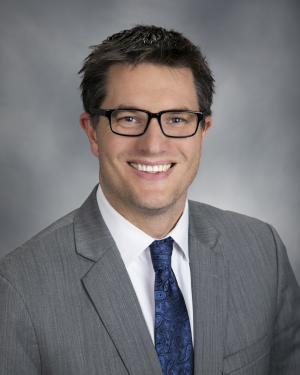Colorado Governor Jared Polis signed a bill into law earlier this month that helps protect reverse mortgage borrowers from foreclosure if they are impacted by natural disasters. The law was passed as part of a collaboration between state lawmakers and members of the reverse mortgage industry.
The bill, HB23-1266, or “Reverse Mortgage Repayment When Home Uninhabitable,” suspends reverse mortgages from the repayment requirement when a “greater force” renders the property uninhabitable as a principal residence. A final revision of the bill passed in April with a vote of 30-5.
The bill extends the timeline from one to three years for HECM borrowers to be out of their homes if they are impacted by natural disasters.

The bill, spearheaded by Rep. Kyle Brown (D), who represents a reverse mortgage borrower impacted by the issue, was sent to Polis’ desk on May 5. In February, Brown vowed to to take a closer look at how the reverse mortgage occupancy requirement is impacted by natural disasters, and said he hoped to succeed where previous Colorado state congresses had failed to act.
It was co-sponsored by Rep. Brown and Rep. Naquetta Ricks, who represents the state’s 40th district. The commensurate version in the Senate was spearheaded by Democratic senators Sonya Jaquez Lewis and Janet Buckner.
The law is effective immediately and prevents a Home Equity Conversion Mortgage (HECM) loan from being called due and payable when the property is temporarily unoccupied due to a natural disaster.
This remains in effect provided that the borrower is engaged in renovation or reconstruction efforts with the intent to reoccupy the home; the borrower remains in communication with their lender throughout the reconstruction process; the lender’s security is not negatively impacted by renovation or reconstruction; and the borrower abides by all other reverse mortgage terms.
Organizations that contributed to work on the bill included the Colorado Mortgage Bankers Association and the National Reverse Mortgage Lenders Association (NRMLA), which helped shape the language to be acceptable to both the members of the reverse mortgage industry and the U.S. Department of Housing and Urban Development (HUD), according to a NRMLA member update.
Brown has encouraged the federal government to consider similar protections. This was followed by efforts from U.S. Rep. Joe Neguse (D-Colo.) that led to HUD agreeing to change the practices that govern mortgage foreclosures in the areas impacted by the Marshall Fire that occurred in 2021.
RMD reached out to Rep. Brown for comment on the bill becoming law, but did not hear back prior to the publication of this story.
Gov. Polis also signed 23 other bills into law administratively, for a total of 473 bills.





